The 14 Best Netflix Originals Everyone Agrees Are Truly Unforgettable
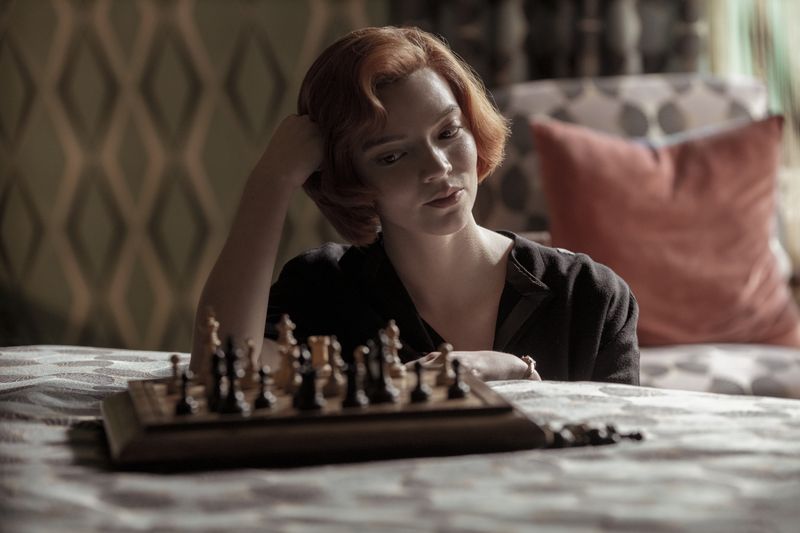
Netflix has transformed how we watch TV by creating original shows that captivate viewers worldwide. From edge-of-your-seat thrillers to heartwarming comedies, these series have defined the streaming era. Let’s explore the Netflix originals that have made the biggest cultural impact and continue to be discussed years after their debut.
1. Stranger Things
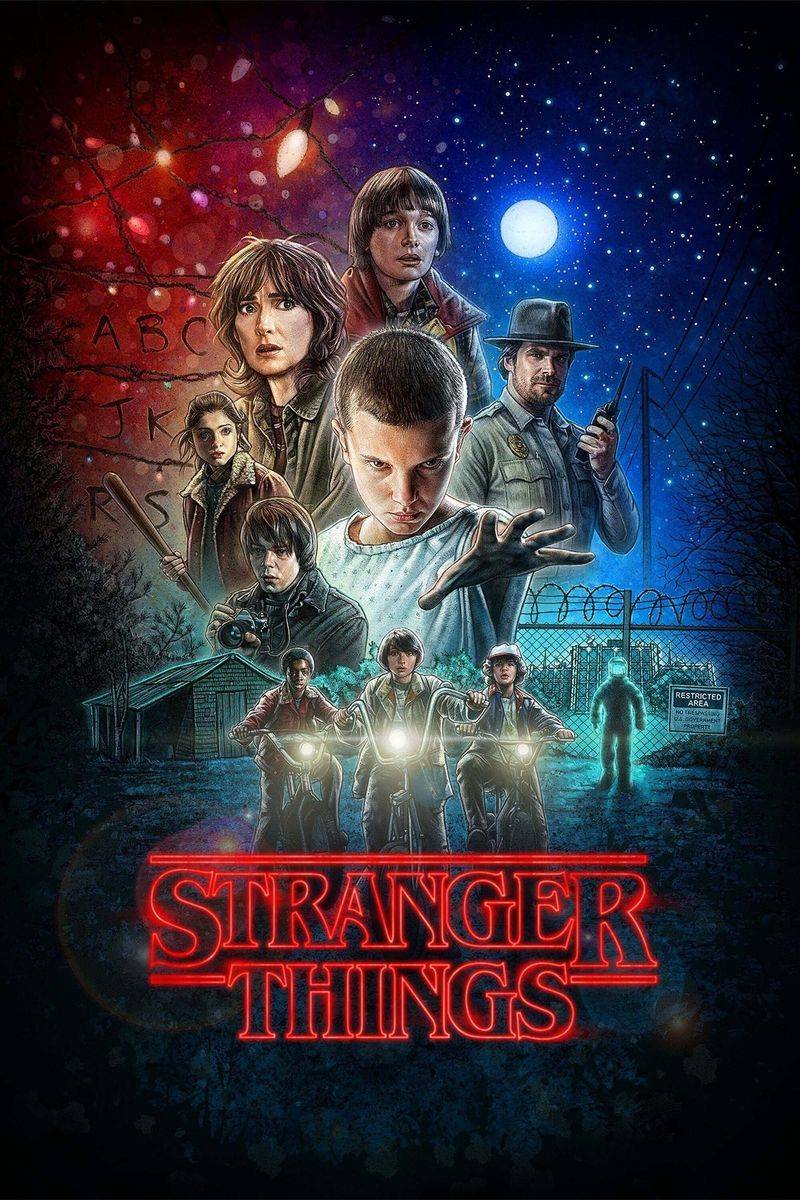
Small-town mysteries meet 80s pop culture in this phenomenon that captured lightning in a bottle. The young cast delivers performances well beyond their years, while the Duffer Brothers craft a world both familiar and terrifying.
Demogorgons, the Upside Down, and Eleven’s powers create a mythology fans obsessively dissect between seasons. The synth-heavy soundtrack and period-perfect details transport viewers to a simpler time when kids rode bikes unsupervised and government conspiracies lurked beneath suburban streets.
Each season builds on the last while maintaining the core friendship that grounds the supernatural elements in genuine emotion.
2. The Crown
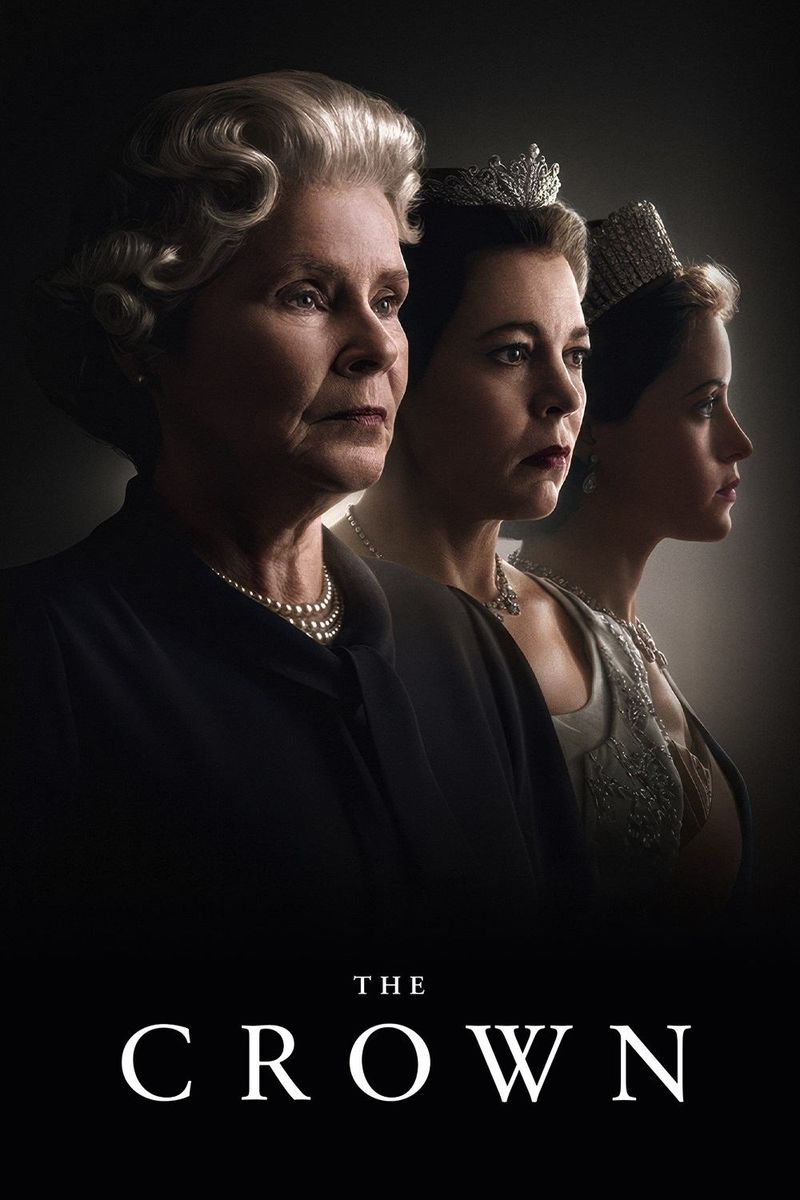
Behind palace doors lies a saga of duty, sacrifice, and the weight of a crown that spans decades. Queen Elizabeth II’s reign unfolds through meticulous attention to historical events while imagining the private conversations that shaped a nation.
The rotating cast—with different actors portraying the royals as they age—brings fresh energy to each era. Lavish production values recreate everything from coronation ceremonies to intimate family moments with equal care.
More than just a biography, the series examines how tradition and monarchy adapt (or fail to adapt) to a rapidly changing world, creating a fascinating study of power and personal sacrifice.
3. BoJack Horseman
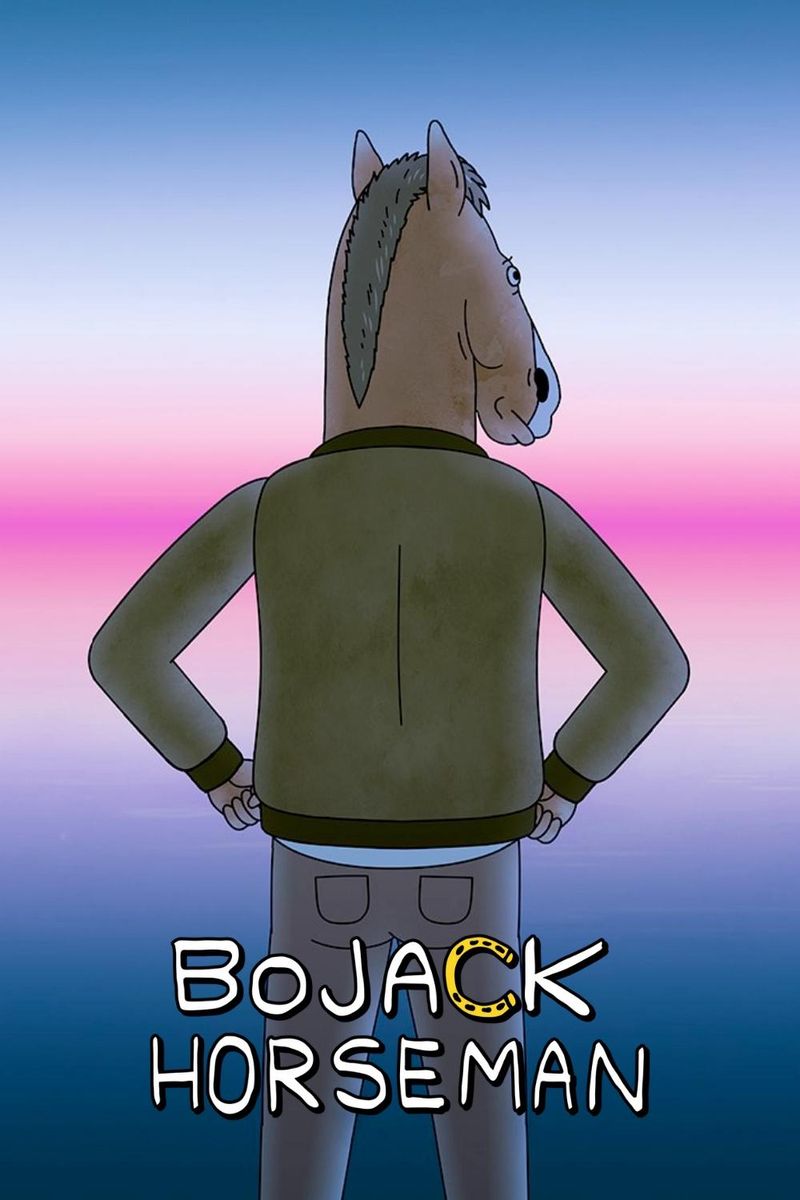
With its cast of animated animal-human hybrids, BoJack Horseman tells one of the most honest stories about depression ever put on screen. Behind the Hollywood satire is a raw look at trauma, addiction, and the struggle to find meaning.
The show juggles visual gags and wordplay alongside devastating emotional revelations. Animal puns and silly background jokes provide brief respites before plunging viewers into existential crises.
What begins as a seemingly adult cartoon comedy evolves into one of television’s most profound explorations of damaged people trying—and often failing—to become better. Its final seasons cement it as a masterpiece that uses its animated format to tell stories live-action never could.
4. The Queen’s Gambit
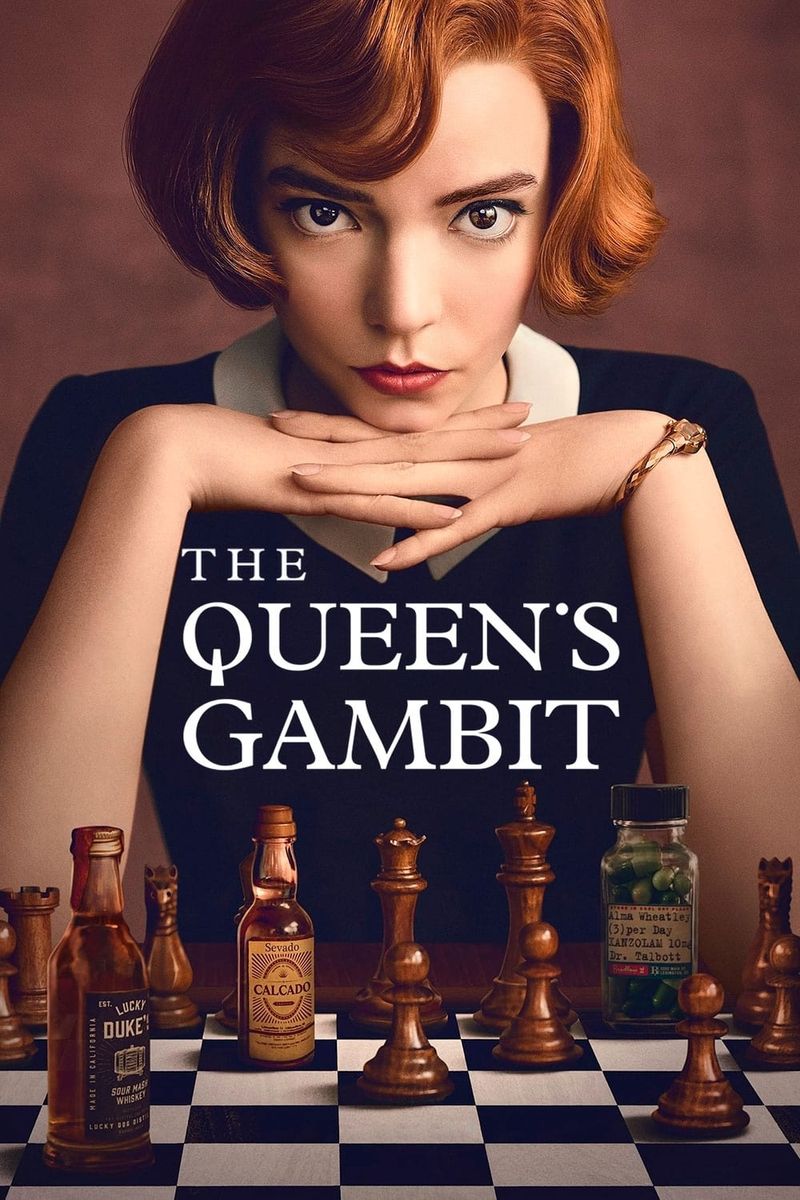
Orphaned girl becomes chess prodigy while battling addiction in this stylish limited series that sparked a global chess renaissance. Anya Taylor-Joy’s magnetic performance as Beth Harmon makes watching someone think about chess moves utterly riveting.
The series transforms the mental game into visual poetry through creative cinematography and dreamlike ceiling chess boards. Period-perfect 1960s fashion and design create a sumptuous backdrop for Beth’s internal struggles and competitive triumphs.
Beyond the chess matches, the show examines genius, addiction, and finding connection in unexpected places. Beth’s journey from institutional orphan to international champion feels both empowering and emotionally authentic.
5. Squid Game
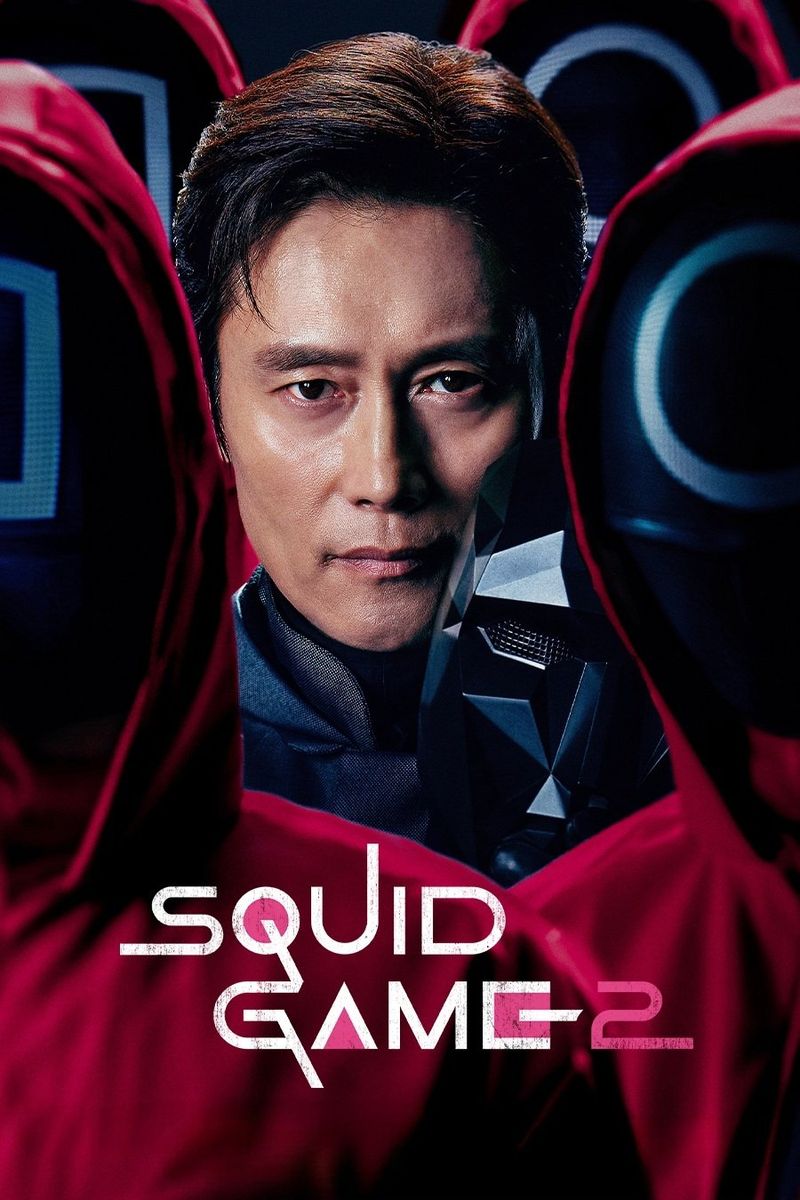
Colorful playground aesthetics mask brutal survival games in this Korean thriller that became Netflix’s most-watched series ever. Desperate contestants risk their lives for a cash prize that could free them from crushing debt.
The contrast between childish games like Red Light, Green Light and their deadly consequences creates unforgettable tension. Each character’s financial backstory offers pointed criticism of capitalism and class inequality without sacrificing entertainment value.
Green tracksuits, pink-hooded guards, and geometric masks created an instant visual language that spawned Halloween costumes worldwide. The series proves compelling storytelling transcends language barriers when it taps into universal anxieties about economic survival.
6. Black Mirror
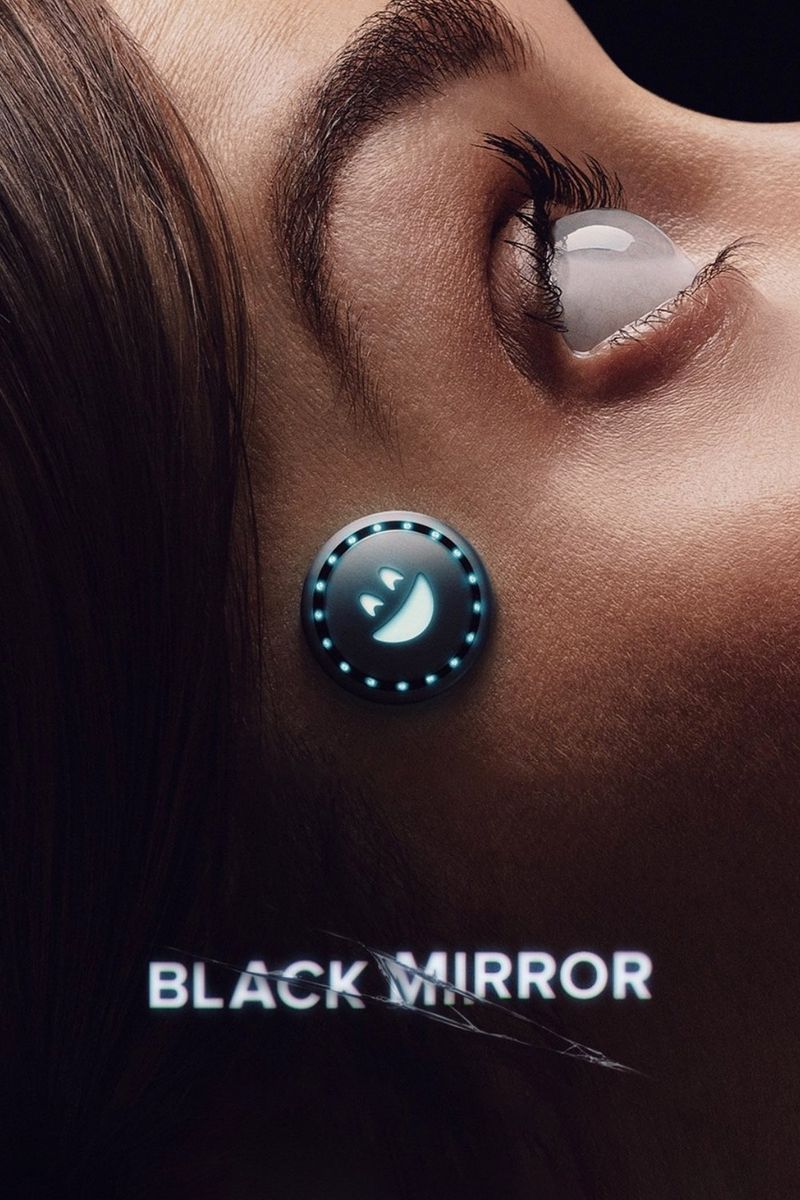
Each standalone episode presents a twisted near-future where technology amplifies human flaws with devastating consequences. Creator Charlie Brooker’s anthology format allows for wildly different tones—from horror to romance to dark comedy—while maintaining the central theme of tech-enabled dystopia.
Standout episodes like “San Junipero” and “White Christmas” showcase how the series can deliver both hope and despair through speculative fiction. The show’s genius lies in presenting technologies that feel just plausible enough to make viewers question their own relationship with screens and social media.
Black Mirror’s influence extends beyond entertainment, with real-world tech developments sometimes eerily mirroring its fictional cautionary tales.
7. When They See Us
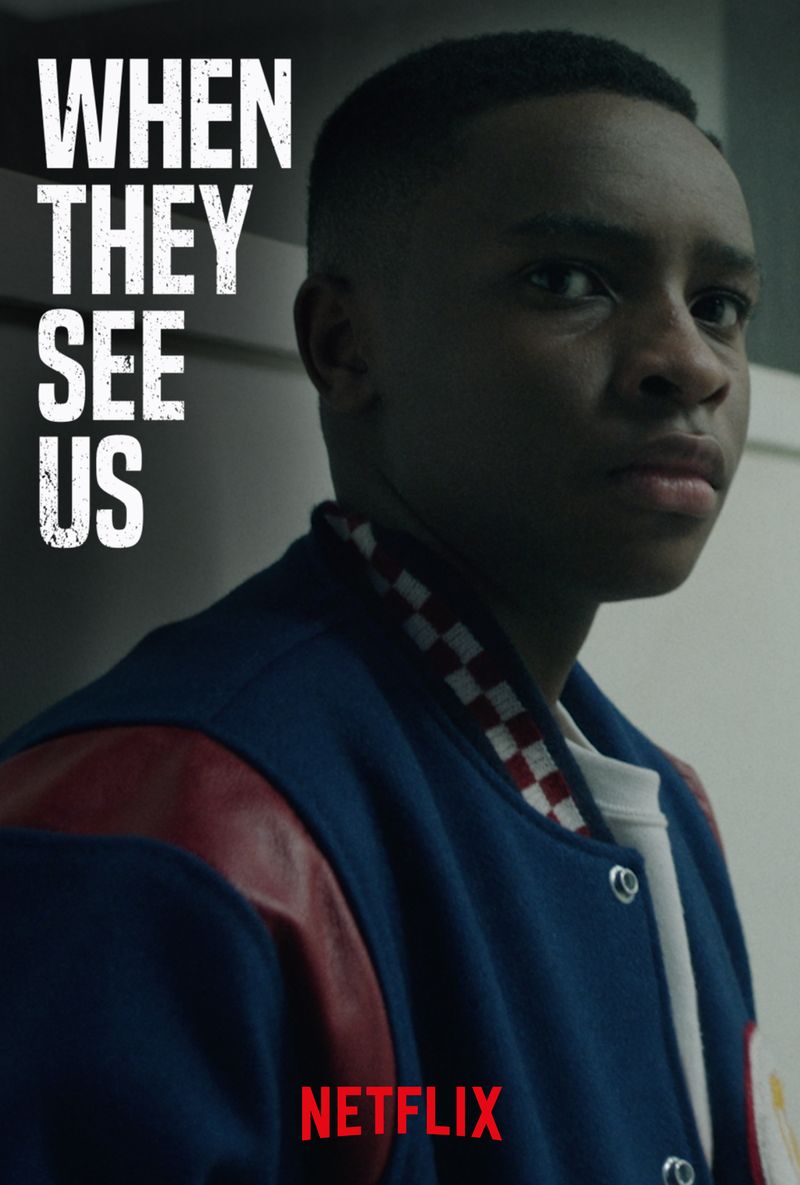
Ava DuVernay’s miniseries recounts the true story of the Central Park Five with unflinching honesty and searing emotion. Five young Black and Latino teens face a justice system determined to convict them regardless of evidence.
The performances from both young actors and their adult counterparts capture the stolen innocence and lifelong trauma of wrongful conviction. Rather than simple courtroom drama, the series follows the ripple effects through families, communities, and decades of the men’s lives.
The final episode, focusing on Korey Wise’s harrowing prison experience, stands as one of television’s most devastating hours. This essential viewing forces audiences to confront systemic racism within America’s criminal justice system.
8. Mindhunter
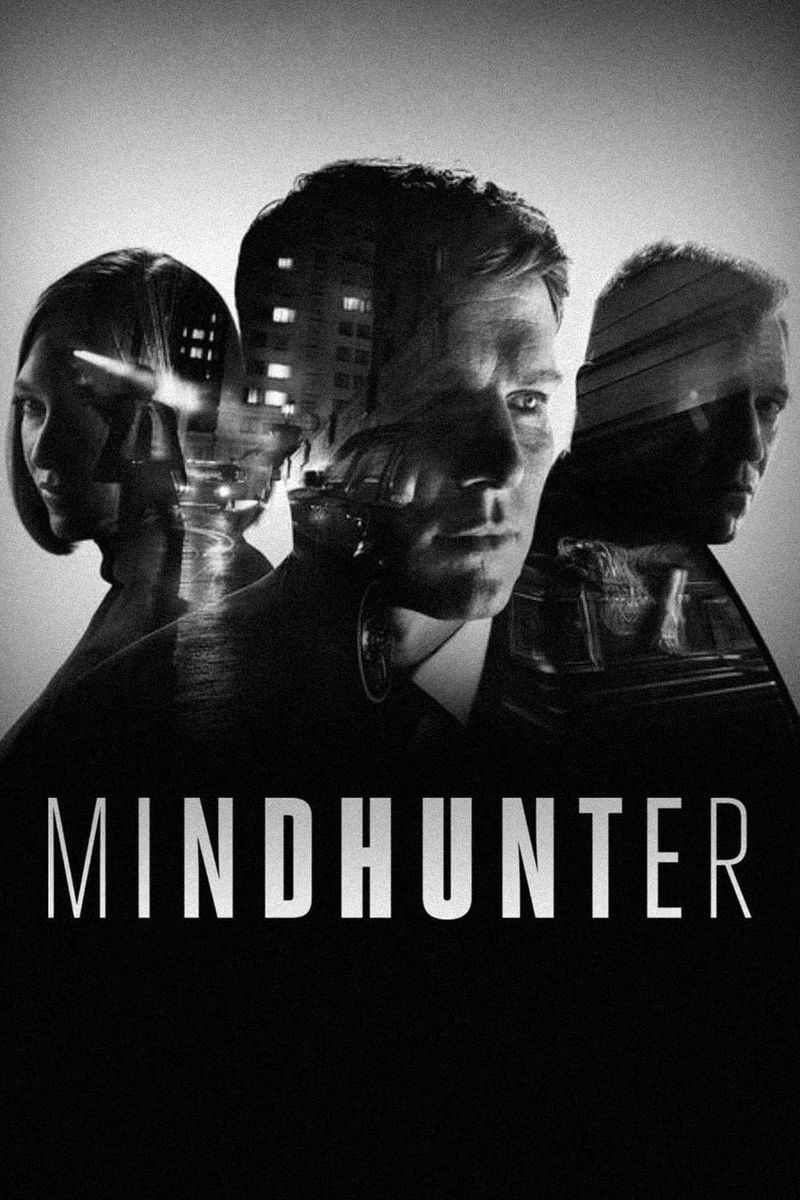
FBI agents pioneer criminal profiling by interviewing imprisoned murderers in this meticulously crafted period thriller. Based on true events from the FBI’s Behavioral Science Unit, the series balances chilling interviews with notorious killers against the psychological toll this work takes on the investigators.
Director David Fincher’s clinical visual style perfectly captures both 1970s institutional settings and the methodical minds of the protagonists. Cameron Britton’s performance as Ed Kemper stands as one of television’s most unnervingly polite monsters.
Unlike typical crime shows that focus on catching killers, Mindhunter examines what creates them and how understanding these minds might prevent future murders. The slow-burn storytelling rewards patient viewers with profound insights into criminal psychology.
9. Orange Is the New Black
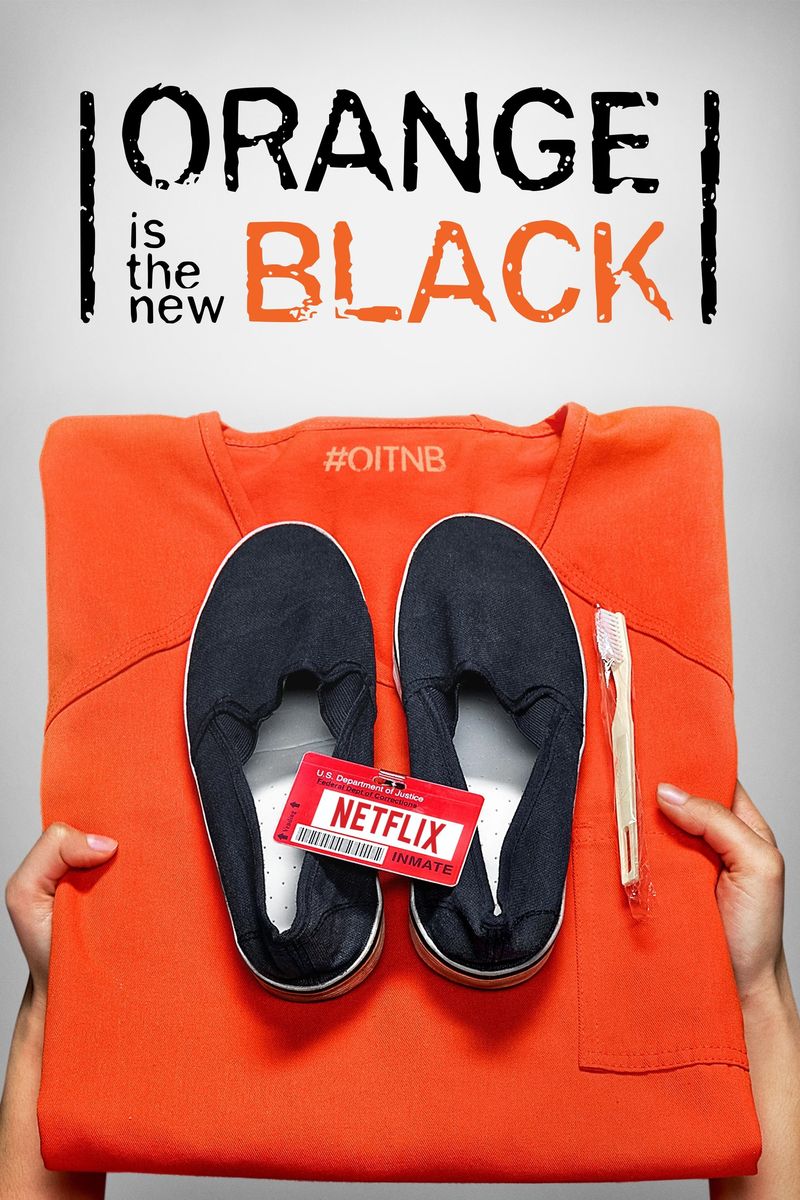
A privileged woman’s prison stay becomes the entry point into a larger, more urgent narrative. Piper Chapman’s story gives way to an ensemble portrait that explores systemic injustice, identity, and the lives of marginalized women within the U.S. prison system.
The sprawling cast represents women of different backgrounds whose flashbacks reveal how circumstances, choices, and systemic problems led them to incarceration. Standout performances from Uzo Aduba as Suzanne “Crazy Eyes” Warren and Laverne Cox as Sophia Burset helped normalize transgender representation on television.
As one of Netflix’s earliest original hits, the series proved streaming platforms could create boundary-pushing content traditional networks wouldn’t touch.
10. House of Cards
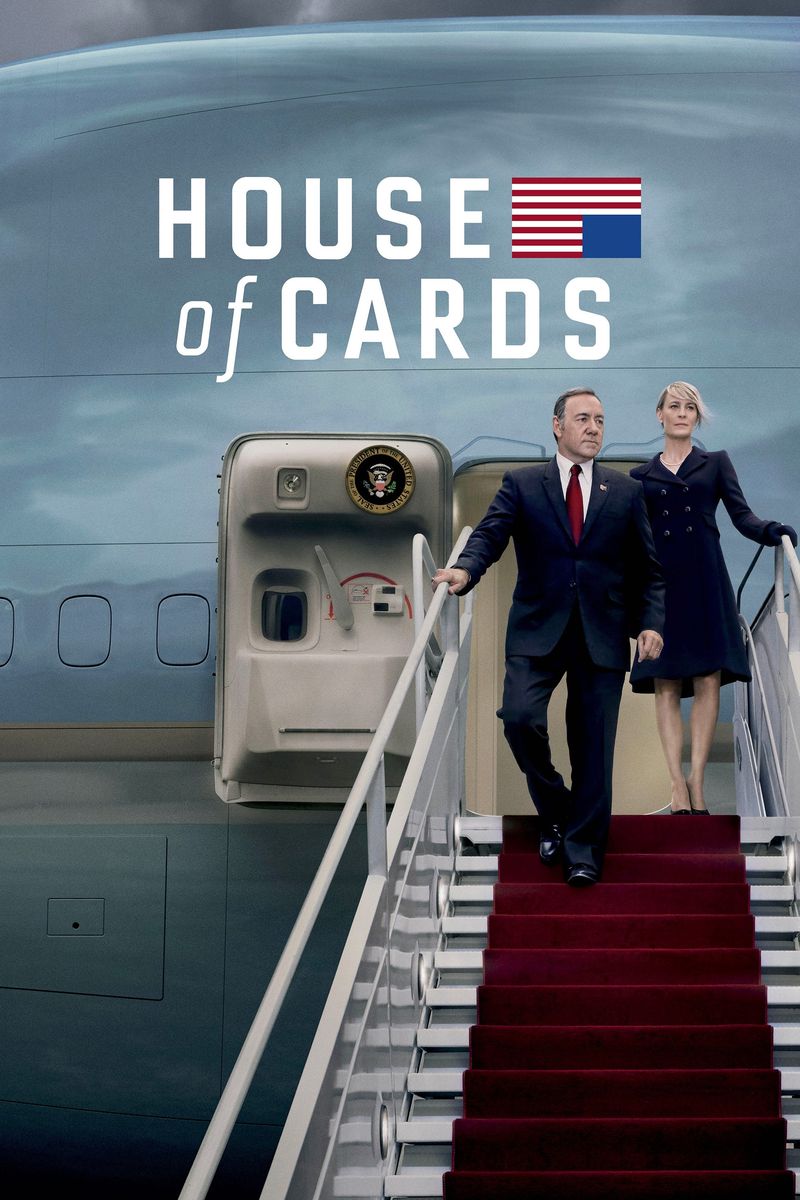
Frank Underwood’s fourth-wall-breaking monologues invite viewers to become accomplices in his ruthless political ascension. As Netflix’s first major original production, this adaptation of the British series established streaming platforms as serious contenders for prestige television.
Kevin Spacey and Robin Wright deliver masterclasses in portraying power-hungry Washington insiders whose marriage serves as both partnership and battlefield. The cold, desaturated visual palette mirrors the moral emptiness of its political landscape.
Though later seasons and behind-the-scenes controversies complicated its legacy, the show’s early seasons remain a fascinating study of ambition’s corrupting influence. Its cynical view of politics as a game played by elites regardless of party affiliation still resonates.
11. Bridgerton
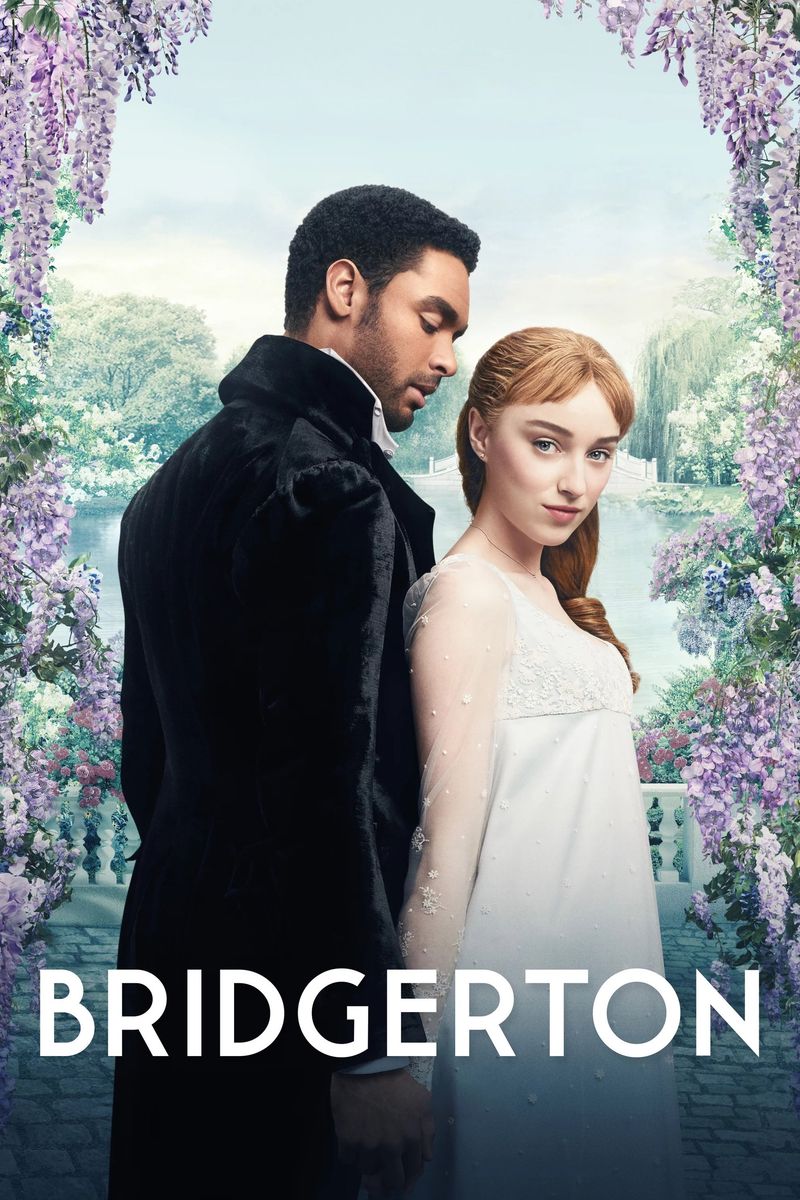
Set during London’s social season, this fresh take on a period drama follows elite families in pursuit of marriage matches. Shonda Rhimes’ production brings a reimagined Regency era, where Queen Charlotte’s influence led to a racially integrated nobility.
String quartet covers of pop songs and candy-colored costumes signal this isn’t your grandmother’s stuffy period piece. The series embraces romance novel tropes—from enemies-to-lovers to forbidden attraction—with unabashed enthusiasm rather than ironic distance.
Each season focuses on a different Bridgerton sibling finding love, while gossip columnist Lady Whistledown’s revelations threaten everyone’s carefully constructed social facades. The show’s massive popularity proved audiences hunger for romantic escapism alongside grittier fare.
12. The Haunting of Hill House
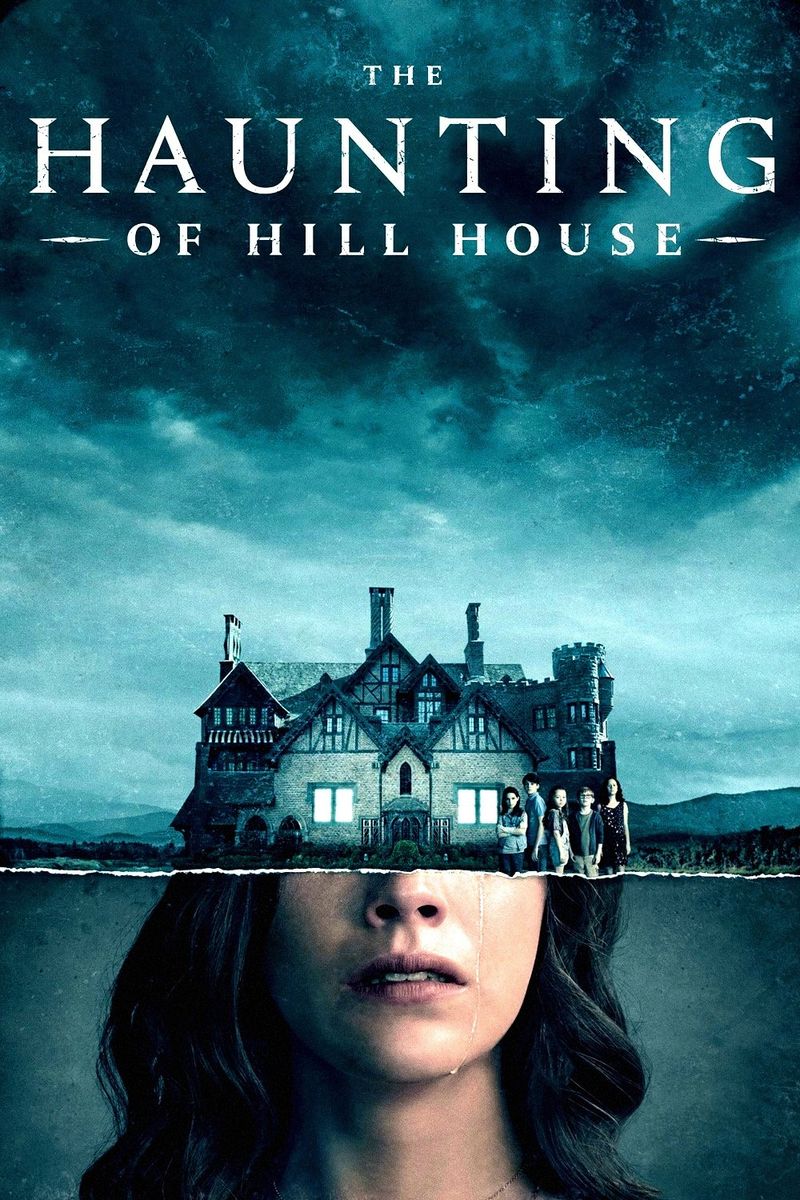
Childhood horrors follow the Crain siblings into adulthood in this reimagining of Shirley Jackson’s classic novel. Director Mike Flanagan crafts a dual-timeline narrative where past and present hauntings mirror each other with devastating precision.
Hidden ghosts lurk in nearly every frame, rewarding observant viewers with extra chills. Beyond jump scares, the series explores grief, addiction, and unresolved family wounds as their own kind of hauntings.
Standout episodes like “Two Storms,” with its technically ambitious long takes during a funeral, showcase how horror can be both emotionally resonant and formally innovative. The bent-neck lady reveal stands as one of television’s most perfectly executed plot twists, recontextualizing everything that came before.
13. Lupin
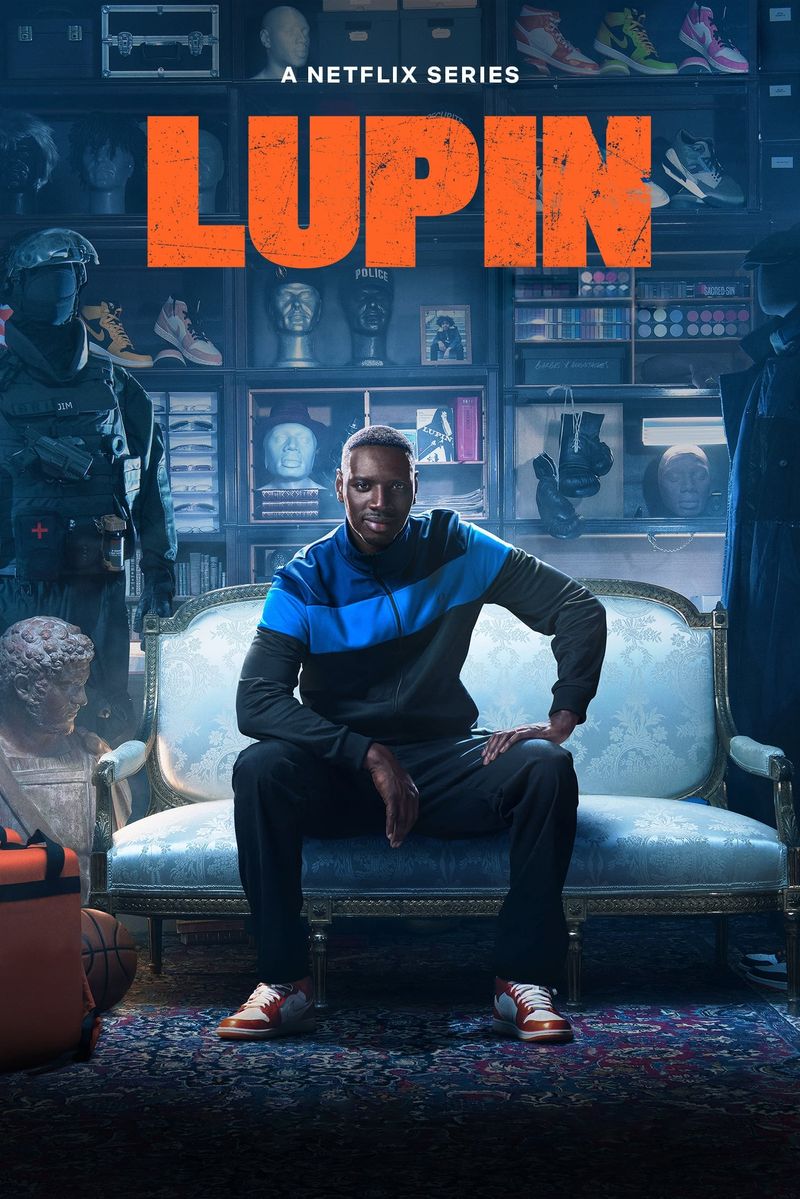
Charismatic Assane Diop uses techniques from his literary hero Arsène Lupin to orchestrate elaborate heists targeting those who wronged his father. The French thriller became an international sensation by reinventing the gentleman thief archetype for modern audiences.
Omar Sy’s magnetic performance anchors high-stakes capers across stunning Parisian locations from the Louvre to the catacombs. Each heist doubles as social commentary on class and racial prejudice in contemporary France.
Unlike many crime shows where protagonists work outside the law, Assane’s motivations remain rooted in family loyalty and justice rather than greed. The series balances intricate plotting with genuine heart, creating a hero worth rooting for despite his criminal methods.
14. When Life Gives You Tangerines
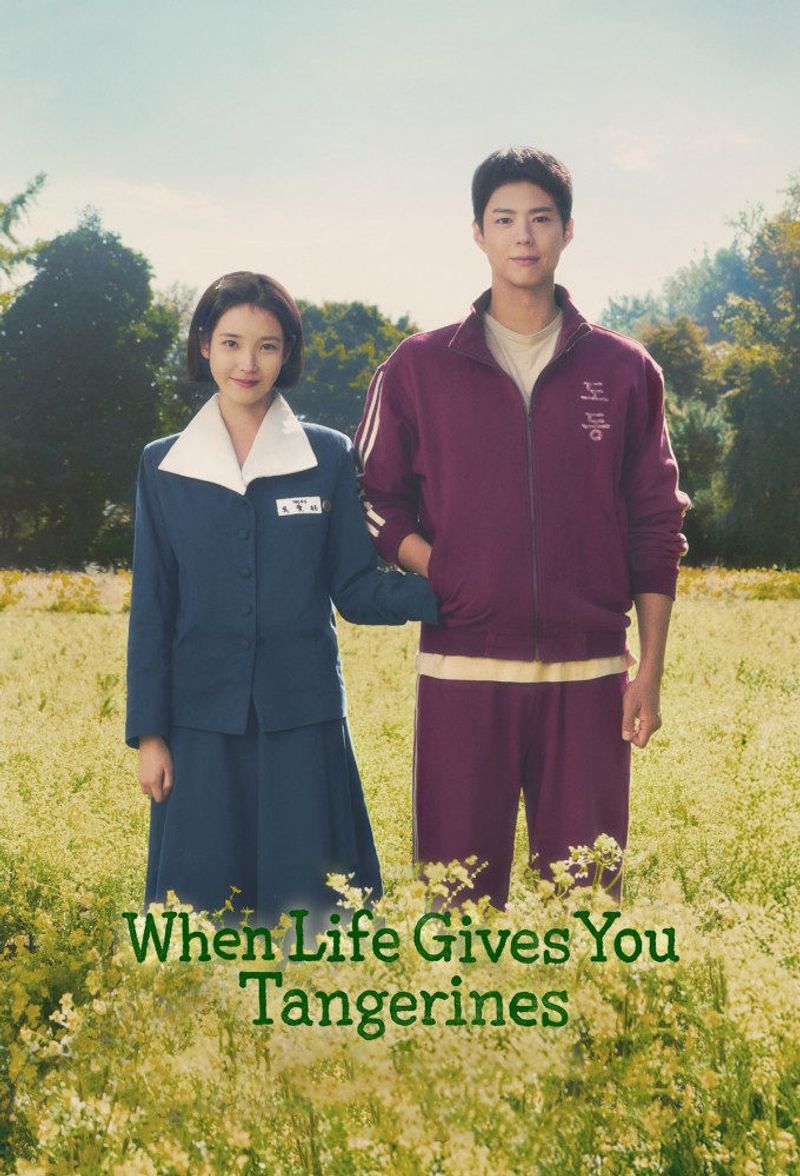
In this Korean drama, Min-ji—raised on a Jeju citrus farm—realizes her artistic talent might take her far beyond her hometown. The series pairs sweeping island views with grounded, personal storytelling.
The series uses tangerine cultivation as a metaphor for nurturing dreams and relationships through different seasons. Min-ji’s journey explores the tension between honoring family traditions and pursuing individual passions.
Supporting characters create a rich community tapestry, from her grandmother’s traditional wisdom to her childhood friend’s unrequited feelings. Though new to Netflix’s lineup, critics are already praising its authentic portrayal of rural Korean life and universal coming-of-age themes.

Comments
Loading…